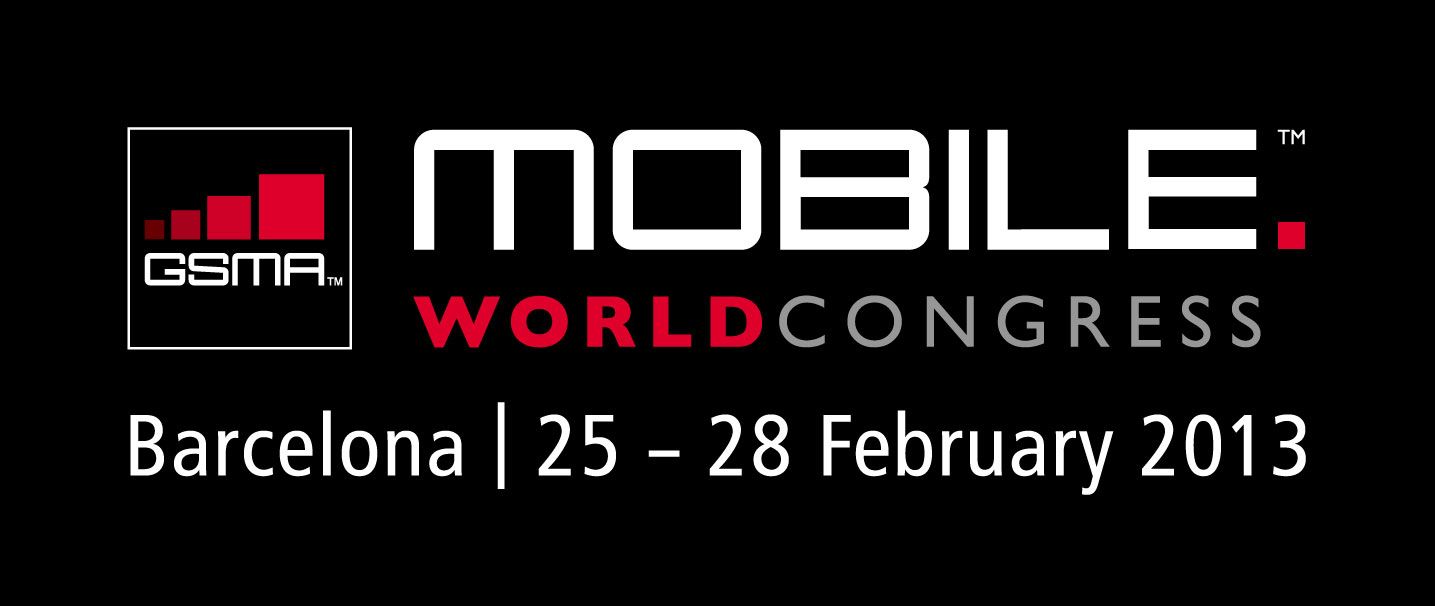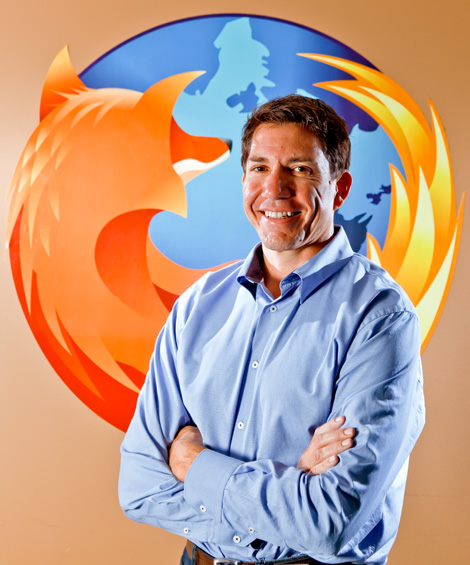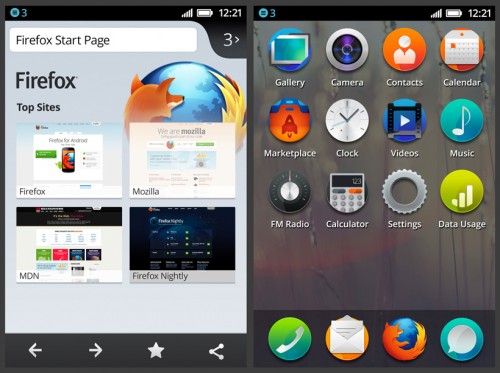Does the world need another mobile operating system?
By Edwin Yapp March 1, 2013
- Browser chief believes a two-horse OS race isn’t good for the world; yet another ecosystem would benefit users
- Analysts, media doubtful; it all depends on quality of hardware, software and whether developers bite
 NEWS ANALYSIS THE Mobile World Congress (MWC) in Barcelona ends today after a slew of announcements, including browser maker Mozilla Corporation's audacious launch of its Firefox operating systems (OS) for smartphones.
NEWS ANALYSIS THE Mobile World Congress (MWC) in Barcelona ends today after a slew of announcements, including browser maker Mozilla Corporation's audacious launch of its Firefox operating systems (OS) for smartphones.
Many don't see the need for another mobile OS, given that the landscape is already dominated by Google’s Android and Apple's iOS, with the resurgent BlackBerry OS and the ever-present Windows Phone trailing them.
On Tuesday (Feb 26), Mozilla chief executive Gary Kovacs strutted on stage and did his best to pitch Firefox as a real alternative in the already crowded world of mobile OSes.
“I find it impossible to understand how three, four, five, or six billion people are going to get their diverse needs satisfied by one or two or five companies, no matter how delicious those companies are,” Kovacs was quoted as saying by CNET. “Is the farmer in the Indian countryside going to have the same needs and requirements as a lawyer sitting in New York?”
Company officials say Mozilla’s Firefox OS will target the developing world including South America, Africa and large parts of Asia, where mobile phone subscribers would like to own an “in-between technology phone” – something more powerful than a feature phone but not necessarily in the class of a smartphone.
 Kovacs’ confidence in the Firefox OS stems in part from the fact that he wasn’t just talking the talk or spinning marketing-speak on stage.
Kovacs’ confidence in the Firefox OS stems in part from the fact that he wasn’t just talking the talk or spinning marketing-speak on stage.
At launch, the former IBM, Adobe and Sybase executive (pic) introduced an impressive line-up of ecosystem partners – 18 mobile operators and four handset makers – to join Mozilla on its quest to power cheaper smartphones for the developing world.
Among the big name players were America Moovil, China Unicom, Deutsche Telekom, Etisalat, Hutchison Three Group, Korea Telecom, SingTel, Smart (Philippines), Sprint, Telenor, Telstra, TMN, and VimpelCom. The four handset makers were Alcatel, ZTE, LG Electronics, and Huawei, with chipmaker Qualcomm joining them.
Tony Cripps, principal analyst for devices at research firm Ovum was impressed, noting that the Firefox OS had achieved what no device software platform had previously managed: Translate an industry talking shop into a huge commitment from both carriers and hardware vendors at its commercial launch.
“Neither Android nor Symbian – the closest benchmarks in terms of broad industry sponsorship that we’ve previously seen – have rallied the level of support that Firefox OS has achieved so early in its development,” he said in a research note.
Kovacs even gained support from AT&T’s Mobility boss Ralph de la Vega, who told CNET that he thinks there is room for more and that the industry could support multiple OSes.
Another point going for the Firefox OS, claimed Kovacs, is the fact that it will depend on web-based applications, instead of purposefully-built app stores, something that no other OS does.
Essentially, the idea is to use HTML5 programming language to run on top of the Firefox OS, thereby creating the same app-like look and feel a user would get on his smartphone when powered by applications downloaded from an app store.
A good example is the Financial Times, which hitherto did not have a dedicated app for Apple’s iOS but instead favors a web app to deliver its news to users. The reason the popular business broadsheet does this is to avoid sharing revenue and customer data with Apple.
Kovacs had earlier told The Guardian that he believes app stores can never hope to reproduce the richness of the open Internet and that the people who really suffer [when using app stores] are the users because, “ultimately the content available to them is limited.” he says.
He also believes that the Firefox OS does not need massive market share to change the way smartphones are designed and what it needs to do is to get into the 10%-15% range – a point at which "people will have to listen."
The first batch of Mozilla Firefox-powered phones is due to arrive in the second quarter of this year.
Not so bright prospects
However, the early prognosis of the Firefox OS isn’t as bright as it sounds if early indications from the media and pundits are to be believed, which means that Kovacs really has his work cut out for him.
Ovum’s Cripps says the real acid test for the Firefox OS (click to enlarge screencap) and its long-term prospects is the quality of the software itself, and the user and developer experience that it fosters.
says the real acid test for the Firefox OS (click to enlarge screencap) and its long-term prospects is the quality of the software itself, and the user and developer experience that it fosters.
“It will be difficult to say whether it meets those needs sufficiently until we have seen retail devices. What is clear from the Firefox OS demonstration handsets that we have seen was that they are still some way from being market ready, being both slow and buggy.”
Cripps noted that these issues must be overcome before Firefox OS devices find their way into consumers’ hands, as even low-cost smartphones – the primary target market for the Firefox OS – can’t afford to hide behind price as a justification for poor performance.
“This is especially true at a time when upgraded feature phones, such as Nokia’s Asha Touch and Samsung’s Rex ranges, are gradually eating into the low-end Android market.”
Computerworld quoted Gartner analyst Carolina Milanesi, who gave Mozilla an “A” for effort, as saying that she too was dubious that Firefox OS could really change the landscape.
“Absolutely, they get an “A” because compared to a year ago, they've put out a lot of effort,” she said. “But consumers don't want another operating system; what they want is a better device.”
But perhaps the most damning indictment came from The Guardian’s technology editor Charles Arthur. “So some might see Firefox OS as the Next Big Thing. But that's just the sirens singing. It'll end up on the rocks.”
On Firefox OS being the "third ecosystem," Arthur had this to say: “Tough luck, Mr Kovacs, because you have in fact pitched yourself right into that fight. He says that he only wants to be a third ecosystem - but jockeying with some determination for that spot are BlackBerry and Nokia, for both of whom the price of failing to come third could be extinction.
“For either of them, even the best version of not being the third ecosystem would mean an existence in the twilight, serving a small audience and always at the mercy of user or carrier indifference.”
Arthur believes that another problem for Firefox OS is that it doesn't have a dedicated handset maker, despite the four that have committed to making the phones, something he says would be an issue as these handset makers would need to factor profit into the equation.
Still, there are some proponents for its success but only in developing markets. Forrester’s Charles Golvin told Infoworld that "all they really have to do is be able to run a browser and they don't need a whole lot of memory [to do that]."
His colleague Thomas Husson concurred, adding that the Firefox OS presents a massive opportunity to reach the “second wave” of smartphone owners, who will increasingly come from emerging markets.
“Firefox OS has received an amazing and massive [level of] support from telcos and will be rolled out in emerging markets, starting first with Latin America. Is this sufficient to succeed? Let's not forget what Mozilla managed to achieve in the desktop PC space."
(Pics & logo courtesy of Mozilla Corporation & GSM Association)
Related stories:
Mobile operators vs OTT: No end in sight
What to expect from the Mobile World Congress
The long and winding road ahead for BlackBerry
Has Apple’s iPhone lost its mojo in SEA?
For more technology news and the latest updates, follow @dnewsasia on Twitter or Like us on Facebook.


